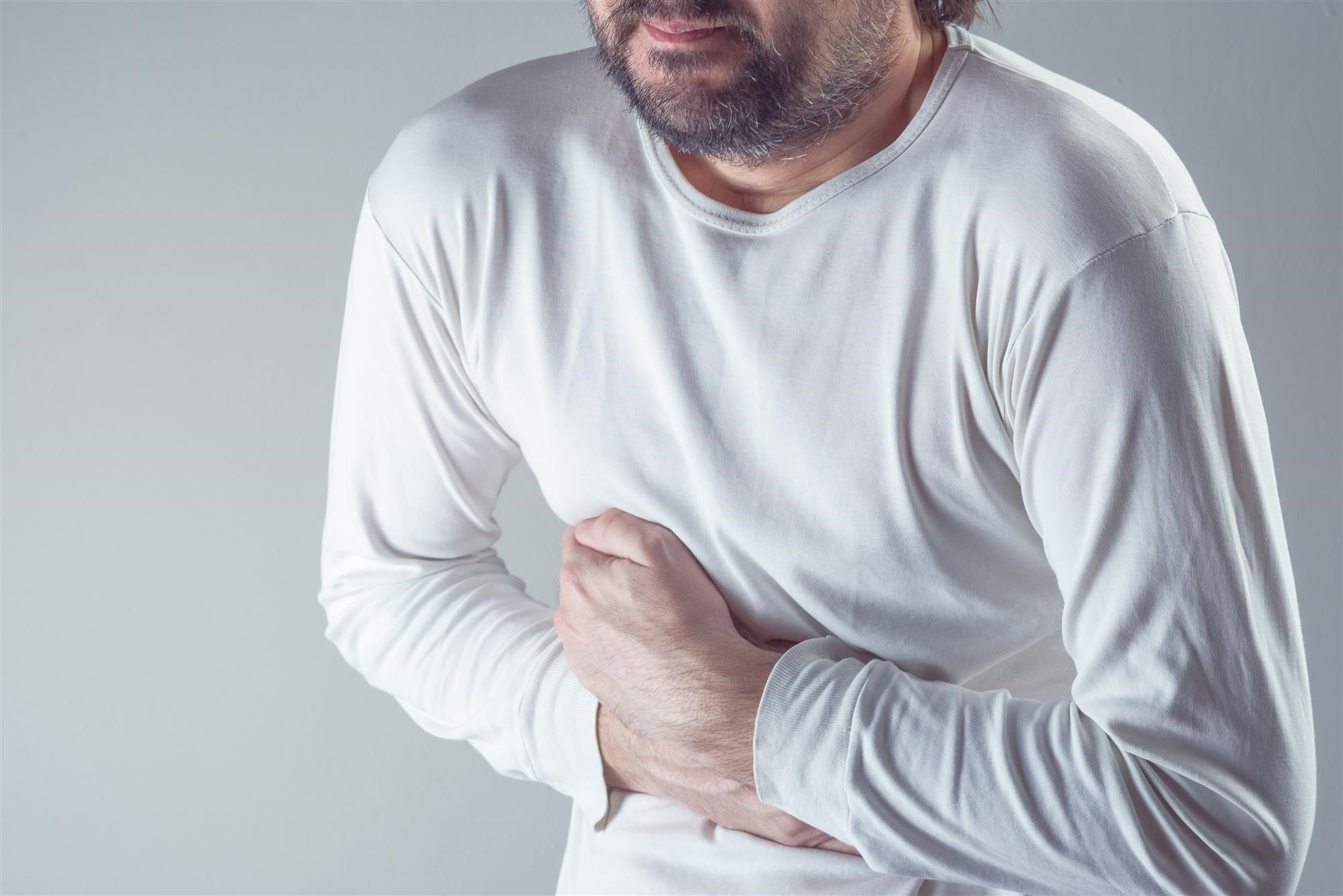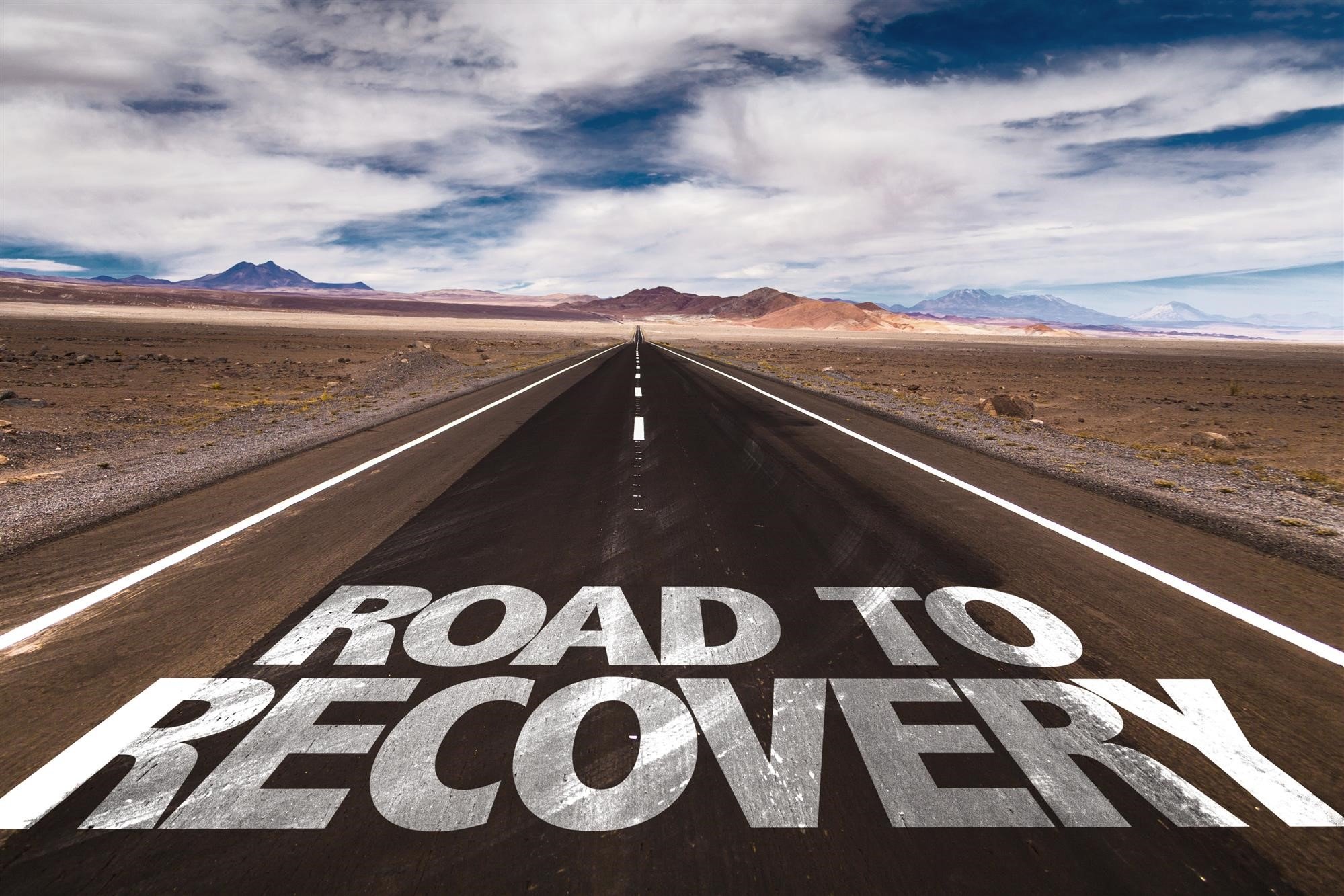What Do Drug Withdrawal Symptoms Look Like?
 Almost 20 million people in the United States are using illegal drugs.
Almost 20 million people in the United States are using illegal drugs.
With such a high percentage of the population facing addiction, odds are that you know someone who has or is struggling with drug abuse, either directly or indirectly. Unfortunately, a very small percentage of drug abusers actually seek help. Friends and family may recognize a need for intervention, but often they alone are unable to offer all the guidance and support the addict needs. Facing this situation is difficult for everyone involved, and the addict suffers both mentally and physically from:
• Compulsively seeking out drugs
• Struggling with uncontrollable cravings
• Behavior and/or personality changes
The Severity of Drug Withdrawal
Most recovering addicts go through a difficult withdrawal process that begins almost immediately after stopping the abuse. The length and stages of this process differ for each individual drug, whether they are addicted to cocaine, marijuana, prescription drugs, or other addictive substances. The duration of withdrawal symptoms and their severity is heavily influenced by the addict’s level of dependency and other factors, such as:
• Type of substance
• Length of time the substance has been abused
• Amount of substance taken
• Method of abuse (snorting, smoking, injecting, or swallowing)
Symptoms can begin as early as eight hours after stopping use, and last as long as 10 weeks, or even years in cases of benzodiazepines. During this time, support is crucial to the affected person’s success.
The Stages of Drug Withdrawal
Without succumbing to the drug, or when first beginning some treatments, the addict will start to undergo the stages of drug withdrawal. This is the most difficult part of breaking the pattern of abuse.
1. Crash Period
This initial period occurs almost immediately after a person stops drug abuse. They may experience:
• Feelings of sadness, anxiety, and agitation
• Mental and physical exhaustion
• Insomnia
• Worsening depressive symptoms
2. Acute Withdrawal
The acute withdrawal phase typically starts around 12 ho
urs after the initial crash phase. Symptoms will increase in severity, and the addict will experience intense drug cravings. Most withdrawal symptoms will be present for a few days to several weeks during this phase:
• Panic attacks, irritability, tension, and anxiety
• Difficulty concentrating, short-term memory loss, and disturbed sleep
• Tremors, sweating, muscle pain, and stiffness
• Hypertension, heart palpitations, and irregular heart rate
• Headaches and nausea
3. Extinction Period
During the extinction period, the recovering addict may be at their most vulnerable. Cravings for the drug continue along with depressed moods and even suicidal thoughts. Depending on the drug being abused and various other factors, this withdrawal period can last for up to several months or longer.
 Seek Help for Drug Addiction
Seek Help for Drug Addiction
If you or someone you know is struggling with drug addiction, there is help available to get through the stages of withdrawal. Yellowstone Recovery is a Southern California detox center located in Costa Mesa. Start your road to sobriety today by contacting our professionally trained staff.
Source
https://www.drugfreeworld.org/drugfacts/the-truth-about-drugs.html
https://americanaddictioncenters.org/withdrawal-timelines-treatments
- Treatment Options
- Program Curriculum
- Program Services








